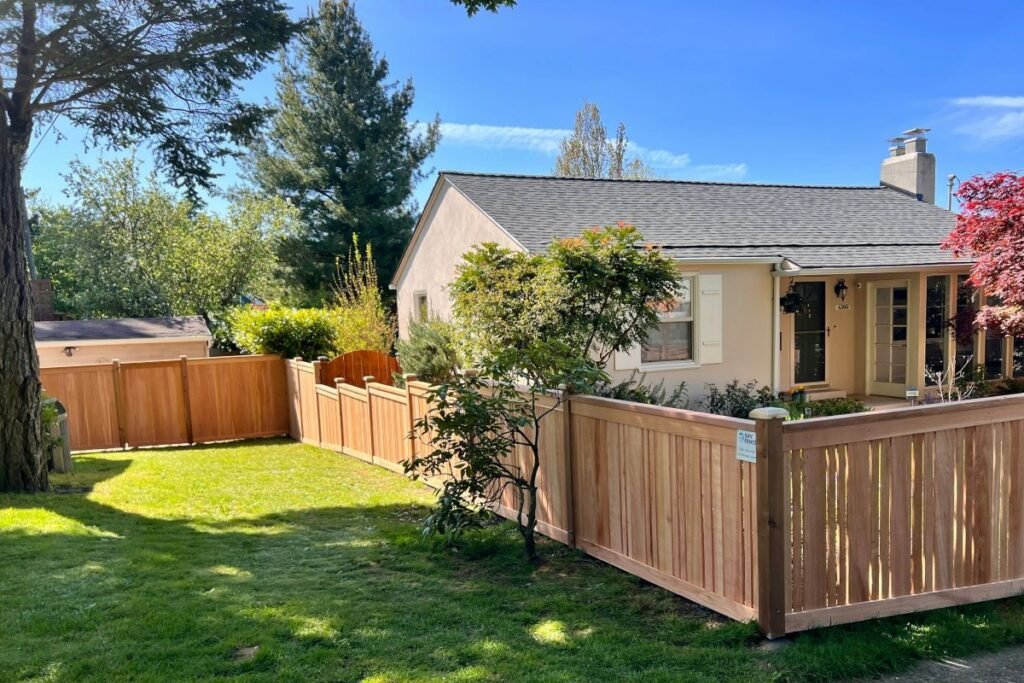Key points to remember
- Adverse possession allows an individual to claim legal ownership of another person’s property
- For adverse possession to occur, the possession must be hostile, continuous, open and notorious, actual, and exclusive
- Actions such as identifying property lines, obtaining easements, and renting out the property can prevent adverse possession
When purchasing a home, the expectation is to have full ownership and control. However, adverse possession can result in someone gaining legal title to your property in rare circumstances.
Adverse possession laws vary by state, but the concept exists across the board. While it is uncommon for someone to gain ownership of another’s property through adverse possession, understanding the process and its implications can be beneficial.
Understanding adverse possession in real estate
Adverse possession is a legal principle that allows an individual in possession of someone else’s real estate to acquire legal title to the property. Successfully claiming adverse possession can lead to legal ownership without compensation to the original owner. Statutes of limitations exist in many states to regulate adverse possession claims.
Common law requirements such as continuous, hostile, open and notorious possession must be met for adverse possession to be recognized. The duration of possession necessary varies based on state laws.
Requirements for adverse possession
Each state and jurisdiction may have specific requirements for adverse possession. However, some common elements include:
1. Hostile possession
- Simple occupation: Occupying the land without permission
- Awareness of trespassing: Knowing the occupation is unauthorized
- Good faith mistake: Unintentional occupation due to incorrect information
Hostile possession is essential for adverse possession claims.
2. Continuous possession
Uninterrupted possession of the property is necessary for adverse possession.
3. Open and notorious possession
The occupier’s actions must be apparent and obvious to the true owner.
4. Actual possession
The occupier must physically possess and maintain the property.
5. Exclusive possession
The occupier must have sole possession of the property without sharing it with others.
Examples of adverse possession
Adverse possession scenarios are not always dramatic. A common example involves inadvertently encroaching on a neighbor’s property with a fence. Over time, the encroachment may lead to a claim of adverse possession.
Understanding adverse possession can help property owners protect their rights and prevent potential disputes.
Preventing adverse possession
While adverse possession is rare, property owners can take proactive measures to safeguard their properties:
Identify property lines
Clarifying property boundaries can prevent misunderstandings that may lead to adverse possession.
Obtain easements
Easements can grant legal access to a portion of your property, reducing the risk of adverse possession.
Stay vigilant
Regularly monitoring your property can help detect any unauthorized activities that may lead to adverse possession.
Check tax records
Monitoring property tax payments can reveal any unauthorized use of your property.
Consider renting or leasing
Renting out or leasing the property can prevent adverse possession by establishing a legal agreement.
FAQs on adverse possession
Can adverse possession apply to new property owners?
Adverse possession can impact new property owners, emphasizing the importance of understanding property boundaries and actively monitoring the property.
How does adverse possession differ from homesteading and squatting?
Adverse possession shares similarities with homesteading but involves distinct legal requirements. Homesteading typically involves government-owned land and has specific conditions.
What is the statute of limitations for adverse possession?
The statute of limitations for adverse possession varies by state, ranging from 5 to 20 years depending on the circumstances.
How can adverse possession be prevented?
Being informed about state laws, monitoring property boundaries, and utilizing legal agreements can help prevent adverse possession claims.
What to do if someone claims adverse possession?
If faced with a claim of adverse possession, seek legal advice and take immediate action to address the situation.
Final thoughts on adverse possession
Adverse possession is a complex legal concept with significant implications. While rare, understanding the requirements and taking preventive measures can help property owners protect their investments and rights.

